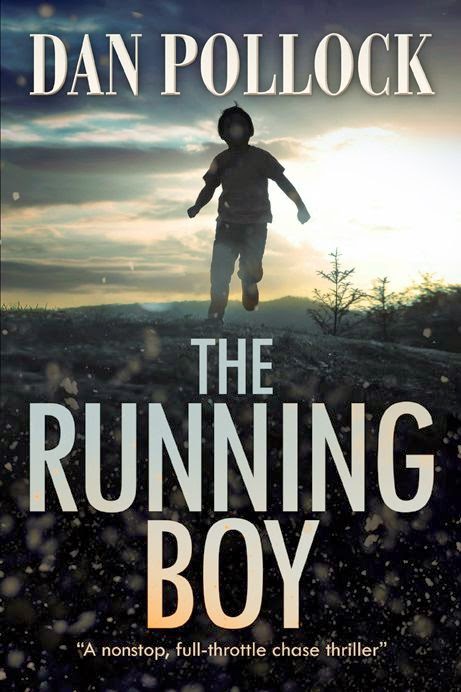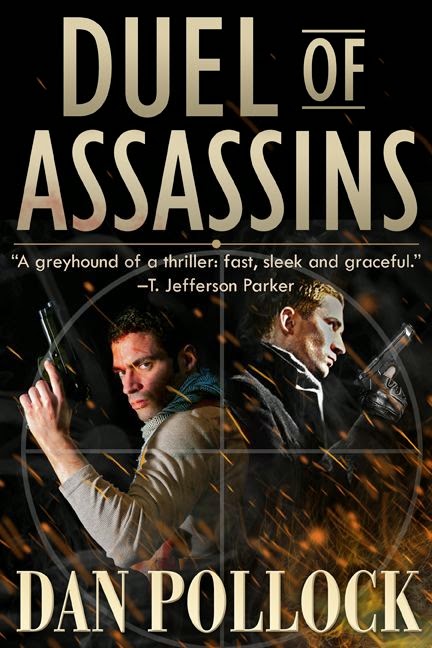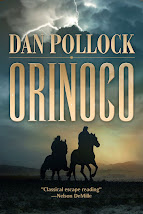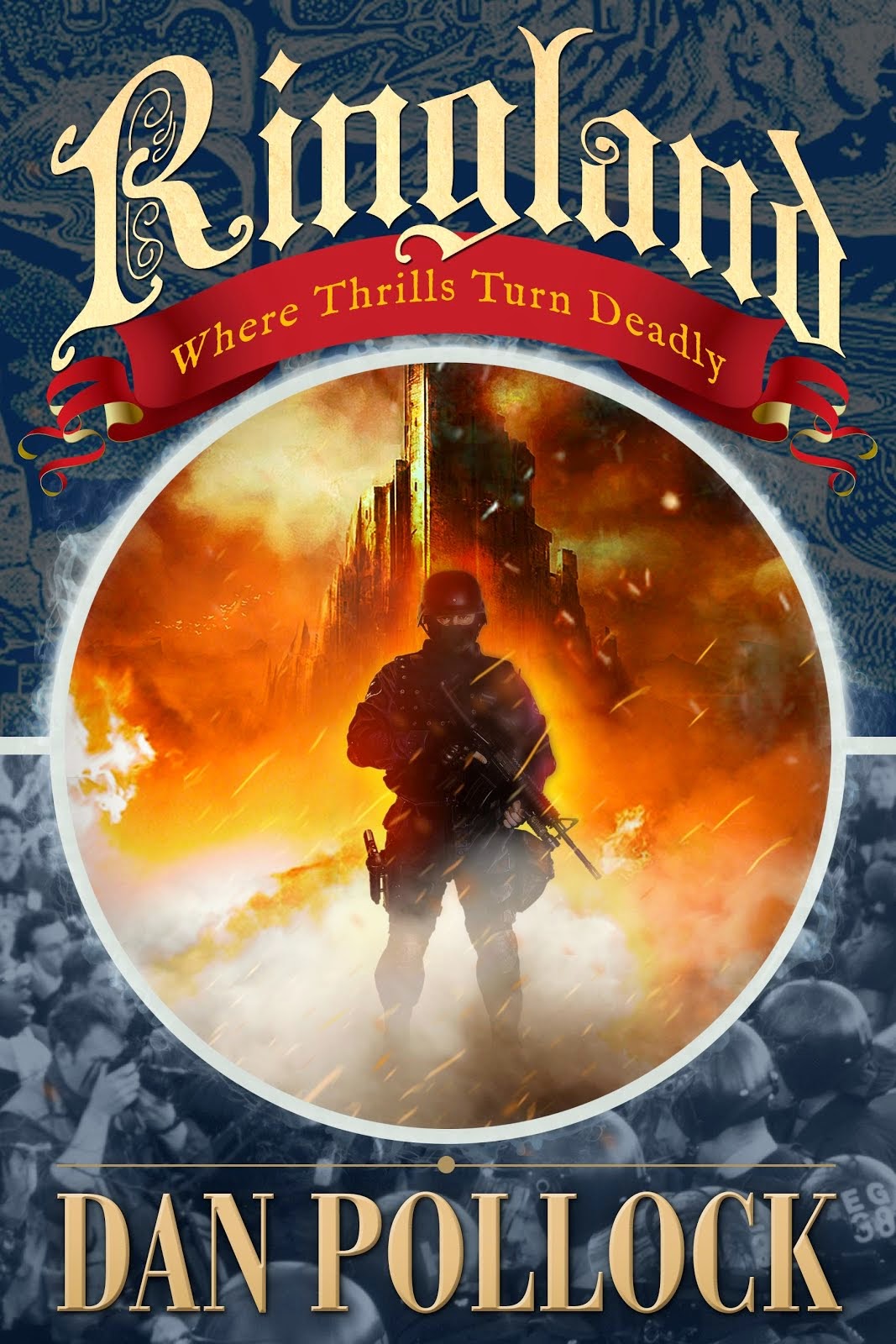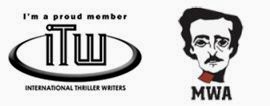Your characters
are obviously more important than their settings, but there is a critical and creative synergy between character and setting--a synergy that takes place in the reader’s brain.
The late, great John D. MacDonald codified it this way: "When the environment is
less real, the people you put into that environment become less believable, and
less interesting."
He
illustrated his point with two descriptive passages. Here is the first:
“The
air conditioning unit in the motel room window was old and somewhat noisy.” MacDonald
called this an image cut out of gray paper. It triggers no vivid visual image.
By
contrast, see what happens in the imagination while reading this passage:
"The
air conditioning unit in the motel room had a final fraction of its name left,
an 'aire' in silver plastic, so loose that when it resonated to the coughing
thud of the compressor, it would blur. A rusty water stain on the green wall
under the unit was shaped like the bottom half of Texas. From the stained grid,
the air conditioner exhaled its stale and icy breath into the room, redolent of
chemicals and of someone burning garbage far, far away."
From
these close-up clues, MacDonald said, you the reader can construct the rest of
the room--bed, carpeting, shower, with vivid pictures from your own experience.
The
trick is how much to describe--the telling detail--and what to leave out. Too
much detail and you turn the reader into a spectator, no longer part of the
creative partnership whereby the reader fills in the rest of the scene out of
experience and imagination.
“No
two readers will see exactly the same motel room,” he added. But “the pictures
you have composed in your head are more vivid than the ones I would try to
describe.”
Note
that MacDonald did not label the air conditioner as old or noisy or battered or
cheap. Those are all subjective words, evaluations that the reader should make.
“Do not say a man looks seedy. That is a judgment, not a description. All over
the world, millions of men look seedy, each one in his own fashion. Describe a
cracked lens on his glasses, a bow fixed with stained tape, an odor of old
laundry.”
Note
also that MacDonald is using sensory cues in his quick sketch of the air
conditioner. You not only see the bottom half of Texas, you smell the burning
garbage, you hear the coughing thud.
There
are many masters of detailed description. One that comes to mind is the late
Joseph Hansen, author of the David Brandstetter mysteries. Here is an example,
picked almost at random from his 1973 novel, Death Claims:
“…The
front wall was glass for the view of the bay. It was salt-misted, but it let
him see the room. Neglected. Dust blurred the spooled maple of furniture that
was old but used to better care. The faded chintz slipcovers needed straightening.
Threads of cobwebs spanned lapshades. And on a coffee table stood plates soiled
from a meal eaten days ago—canned roast-beef hash, ketchup—dregs of coffee in a
cup, half a glass of dead, varnish liquid…”
It’s
clearly of a piece with MacDonald’s example. But Hansen, a poet as well as novelist,
seems to describe everything, every setting, every character, with such laser-like attention to detail, while
MacDonald picks his spots. For me as a reader, exhaustive detail is exhausting.
There
are celebrated passages, of course, where an author intends to glut the reader
with overflowing detail. A famous example occurs in Gustave Flaubert’s
descriptions of Madame Bovary’s wedding, in which every costume and every menu
course is lavished with loving prose:
“Upon [the table] there stood four
sirloins, six dishes of hashed chicken, stewed veal, three legs of mutton and,
in the centre, a comely roast sucking-pig flanked with four hogs-puddings
garnished with sorrel. At each corner was a decanter filled with spirits. Sweet
cider in bottles was fizzling out round the corks, and every glass had already
been charged with wine to the brim. Yellow custard in great dishes, which would
undulate at the slightest jog of the table, displayed on its smooth surface the
initials of the wedded pair in arabesques of candied peel…”
MacDonald
cites another exception to the less-is-more dictum: “In one of the Franny and
Zooey stories, [J.D.] Salinger describes the contents of a medicine cabinet
shelf by shelf in such infinite detail that finally a curious monumentality is
achieved…”
*
















